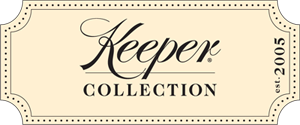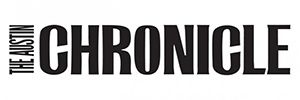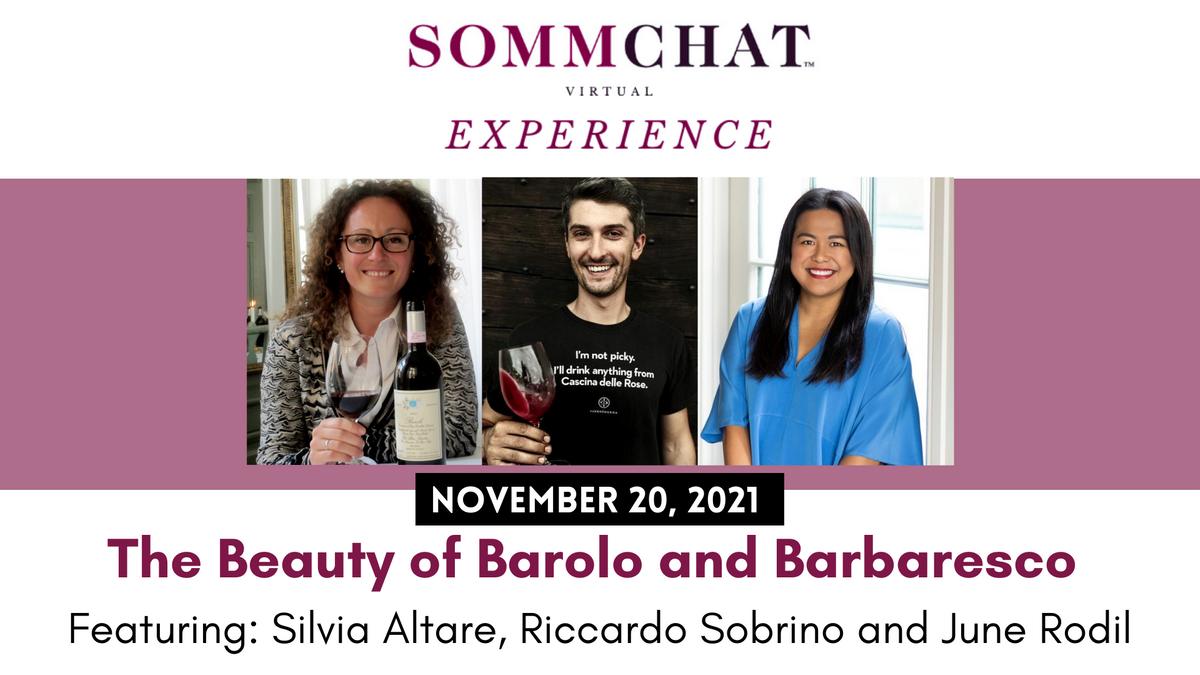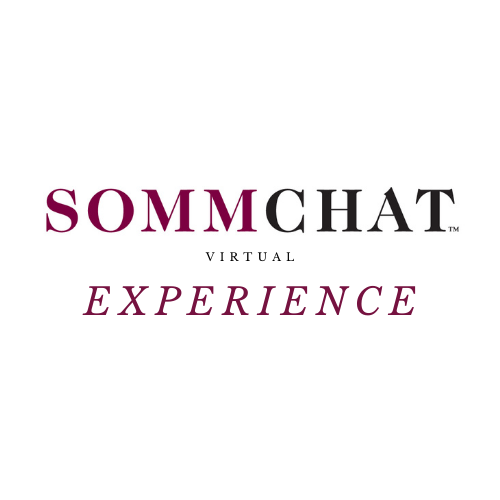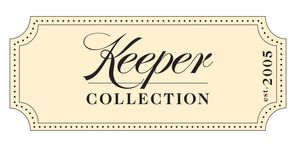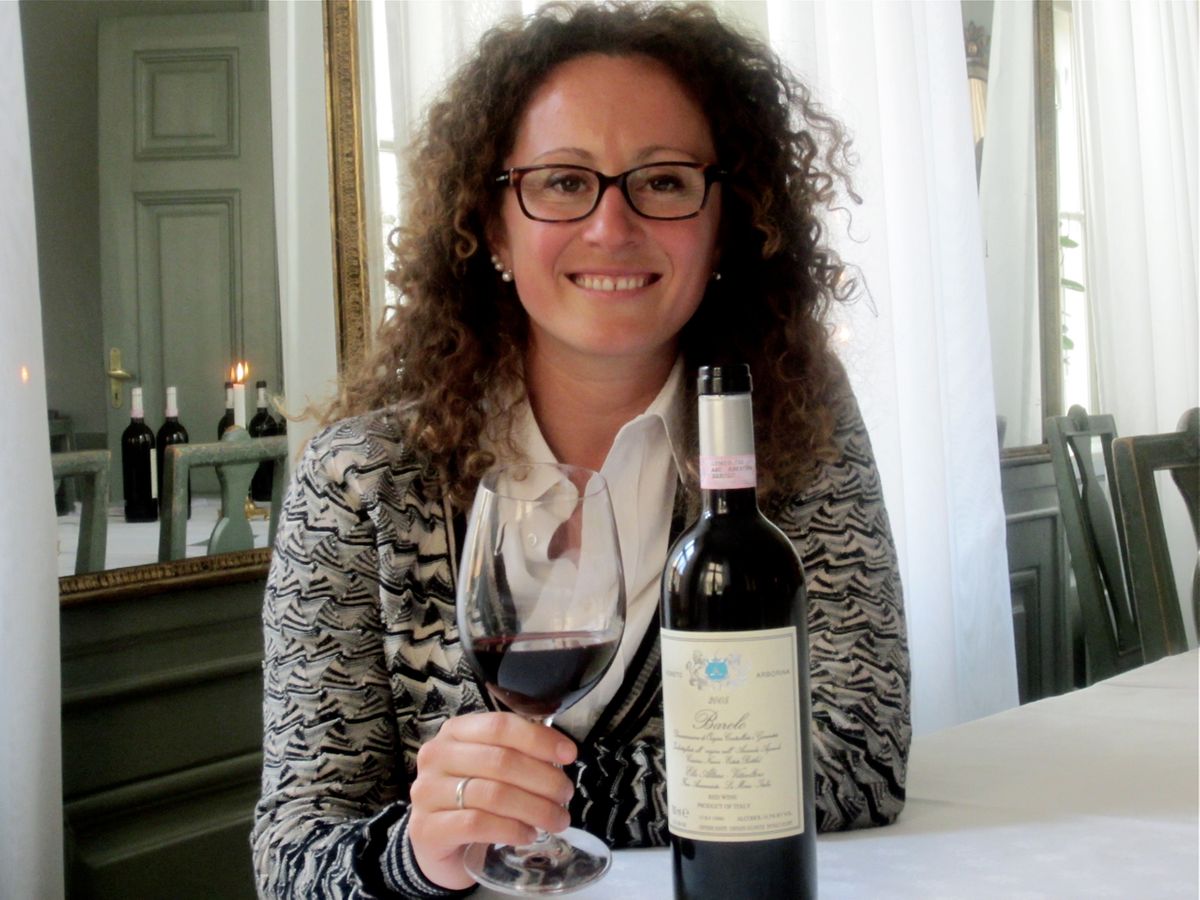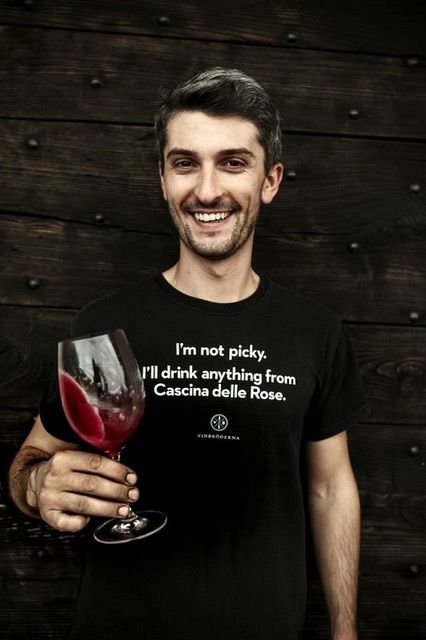The diversity of Austin's wine menus is no accident. The public's thirst for knowledge, plus a decade of hard work from a legion of local beverage professionals, has made Austin a leading destination for wine importers and producers. Now in year seven, local wine maven Diane Dixon's sommelier competition Somms Under Fire returns on Sunday, Jan. 28, as the debut event in the new wing of the AT&T Executive Education and Conference Center. From a pool of contestants spanning 20 states, three Advanced Sommeliers will be tested on wine pairing, service, and general knowledge, and the winner receives an internship in Burgundy, France (and a Champagne saber).
You'll find few voices more influential in their field than Master Sommeliers Craig Collins (ELM Restaurant Group), Devon Broglie (Whole Foods Market), and June Rodil (McGuire Moorman Hospitality), and New Waterloo beverage director Mandi Nelson. Each manages a portfolio of projects ranging from high-end grocers to steakhouses, and they make drink program decisions at many of Austin's finest restaurants. Broglie and Rodil are the 2018 emcees for Somms Under Fire. These top sommeliers recently shared coffee and bialys with the Chronicle at June's All Day to discuss modern Austin's dining, drinks, and wine culture.
Austin Chronicle: Three of you were recently involved in new restaurant openings, and Devon, you went through the Amazon acquisition at Whole Foods. What was your take on Austin's restaurant environment last year?
Craig Collins: In general, restaurateurs tried to give Austinites what they wanted. I don't mean that as "unadventurous." Giving diners what they're looking for creates more stability and success. That gives us venues to expand our beverage programs.
June Rodil: I thought 2017 solidified the idea of concept-driven, rather than chef-driven, restaurants here. You're seeing a stronger presence from restaurant groups, and individual chefs moving to a group dynamic, spreading out via different styles of cooking. That allows the diner to see the beverage program, because the concept needs to be a complete package. You used to go to a bar just because they had great cocktails.
CC: But now it's more the overall experience. I think that's what Austin is now. It's a more educated consumer with high disposable income. Adventurous diners want a complete experience. People don't want to hop between four places a night.
Mandi Nelson: People are savvy. They recognize wine programs with killer deals or creative lists. With Le Politique, we changed our group's price structure as an experiment, and wine sales went up dramatically. When people can get grower Champagne at a reasonable price, they'll buy it. Devon's program at Whole Foods does that, too – I can have awesome, well-priced Champagne while I shop! Value is important.
Devon Broglie: While it feels like there's been a retraction of new restaurant growth, I thought it was also a watershed year in Austin for wine availability and service. We have access to better, more exciting wines than ever before.
JR: That's a testament to our consumers. Importers are now looking at Austin as a great [location] to place bottles. It's a culmination of us asking and the smart diners buying the wines.
DB: A wine buyer can put something on their list, but sales are key to continued support. This is what we've been seeing – it's exciting.
AC: When you look at Austin beverage menus, what is inspiring or frustrating you these days?
CC: I'm more and more inspired by the aggressive pricing structures we're seeing. There are half-price wine nights or happy hours at Jeffrey's, Italic, and Bufalina. You can really have amazing wine experiences on the cheap.
“I don’t believe in having a wine museum. I’m here to sell wine. I recently had [Domaine] Armand Rousseau Clos de Bèze here, and I priced that sucker to just go away.”– June Rodil
JR: I don't believe in having a wine museum. I'm here to sell wine. I recently had [Domaine] Armand Rousseau Clos de Bèze here, and I priced that sucker to just go away. You sell it so you get more next year.
MN: I'm seeing that at Le Politique, too, due to pricing. Instead of a glass or two, tables are having a bottle or two. That lets you buy a case or two of something fun, mark it to sell, and make your list more exciting.
DB: From a retail perspective, those changes translate to sales for us. People have these exciting wines, then come to us and ask for them.
AC: How much of your time is spent on in-house education to improve service and knowledge?
CC: It is constant. I keep a checklist on "this is what I need to educate on today." Between new beers, wine arrivals, and cocktail menu changes, there's a lot to cover. Every time I walk in, there's a to-do list.
MN: It is a significant amount. Last year, we'd do scheduled classes and help our staff study for the WSET [wine] exam. This year, we're doing more frequent beverage training with our managers, and then they'll train their teams individually.
DB: I think June sets the standard in Austin for beverage education – she does a lot.
JR: That exists, quite frankly, because I needed to pass my [Court of Master Sommeliers] theory exam. And because I realized that you have to know your shit if you are responsible for other people's knowledge. We train weekly.
DB: At retail, it's a larger scope. For us, it's about inspiring team members to learn and providing access to the best information. I spend a lot of time sharing materials that I've found helpful or inspirational.
JR: As these groups and teams grow, we're all moving from teaching ourselves to now teaching others how to teach.
AC: What consumption trends do you see right now?
MN: At Le Politique, we have a full program of cocktails, but everyone is drinking wine. I think the marriage of French food and wine is exciting to everyone.
CC: For me, it goes to June's point – restaurants are now full concepts and experiences. It is rare to grab a glass of Beaujolais at Easy Tiger. And it's rare for people to visit Italic and not have red wine or Pool Burger and not have tiki drinks. The concept sets up the sales mix.
DB: At Whole Foods, wine drinkers who chose Chardonnay or Cabernet are now branching out. Generationally, you could see this coming. Fifteen years ago, the beer market was limited, and wine seemed intimidating. Now craft beer drinkers are naturally moving to other beverages, and they're not as intimidated by wine. They spent time learning about beer nuances of hops and malt, and they're more confident in their palate. They approach wine in the same way.
MN: At Otoko, I'm seeing that with saké. People are excited about it, and order the saké pairings at dinner. I've had guests start taking notes.
AC: When guests ask you how to learn more about wine, where do you send them?
JR: Austin Wine Merchant. That's for the guest that wants something good to drink and wants to learn. I also send them to Devon at Whole Foods for the "Treasure Chest."
DB: [Laughs] It's the "Treasure Hunt"! It's a fixture at the Lamar store that's full of super groovy wines.
JR: Austin Wine Merchant is quite traditional, and the "Treasure Hunt" is full of newer things. For reading, I still suggest Decanter magazine.
[Kelli White's Napa Valley, Then and Now; Peter Liem's Champagne; and Kermit Lynch's Adventures on the Wine Route were also suggested resources.]
AC: Finally, this month marks the seventh edition of Somms Under Fire. Does the growth and ongoing success of it surprise you?
CC: Not really, because anything that Diane Dixon does is destined for success.
JR: The lengths to which she goes to make the experience great is unprecedented.
DB: I like that her event really captures the spirit of what we all do – the pairing, the thinking on your feet, and the guest interaction.
